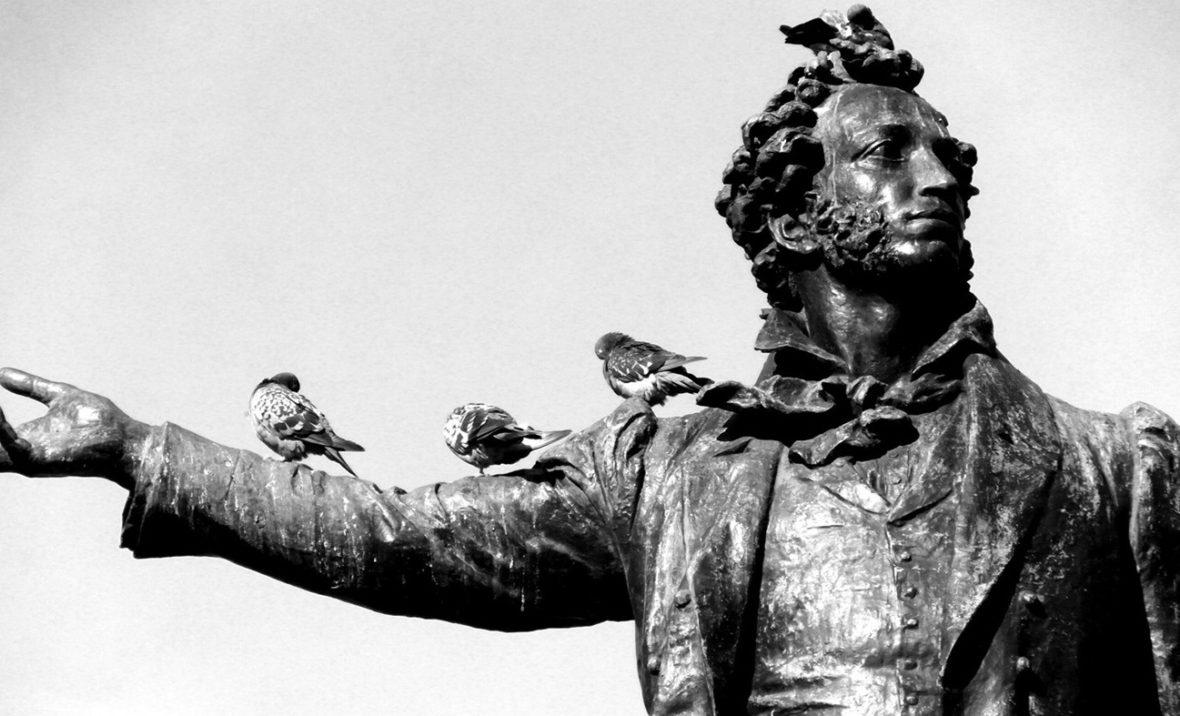Alexander Sergeyevich Pushkin was a Russian poet, playwright and novelist of the Romantic era, who is considered by many to be the greatest Russian poet and the founder of modern Russian literature. Take a look below for 27 more interesting and fascinating facts about Alexander Pushkin.
1. Pushkin was born into Russian nobility in Moscow.
2. His father, Sergey Lvovich Pushkin, belonged to the Pushkin noble families.
3. His matrilineal great-grandfather was Abram Petrovich Gannibal.
4. He published his first poem at the age of 15, and was widely recognized by the literary establishment by the time of his graduation from the Tsarskoye Selo Lyceum.
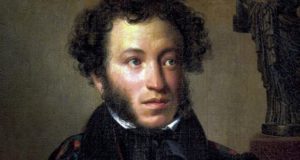
5. Upon graduation from the Lycee, Pushkin recited his controversial poem “Ode to Liberty,” which was one of several that led to his being exiled by Tsar Alexander the First.
6. While under the strict surveillance of the Tsar’s political police and unable to publish, Pushkin wrote his most famous play, the drama “Boris Godunov.”
7. His novel in verse, “Eugene Onegin,” was serialized between 1825 and 1832.
8. Pushkin was fatally wounded in a duel with his brother-in-law, Georges-Charles de Heeckeren d’Anthes, also known as Dantes-Gekkern, a French officer serving with the Chevalier Guard Regiment, who attempted to seduce the poet’s wife, Natalia Pushkina.
9. After school, Pushkin plunged into the vibrant and raucous intellectual youth culture of the capital, Saint Petersburg.
10. In 1820, he published his first long poem, “Ruslan and Ludmila,” with much controversy about its subject and style.
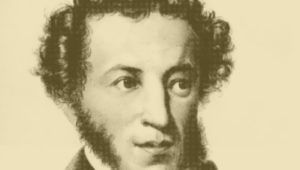
11. Pushkin gradually became committed to social reform and emerged as a spokesman for literary radicals. That angered the government and led to his transfer from the capital in May, 1820.
12. He went to the Caucasus and to Crimea and then to Kamianka and Chisinau, where he became a Freemason.
13. He joined the Filiki Eteria, a secret organization whose purpose was to overthrow Ottoman rule in Greece and establish an independent Greek state.
14. He was inspired by the Greek Revolution and when the war against the Ottoman Turks broke out, he kept a diary recording the events of the national uprising.
15. Pushkin had four children from his marriage to Natalia: Maria, Alexander, Grigory and Natalia, the last of whom married morganatically into the royal house of Nassau to Nikolaus Wilhelm of Nassau and became the Countess of Merenberg.
16. Only the blood lines of his son Alexander and his daughter Natalia still remain.
17. Natalia’s granddaughter, Nadejda, married into the British royal family; her husband was the uncle of Prince Philip, Duke of Edinburgh.
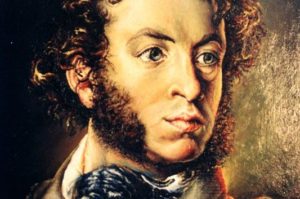
18. Descendants of Pushkin now live around the globe in the United Kingdom, the Czech Republic, Germany, Belgium and the United States.
19. Critics consider many of his works masterpieces, such as the poem “The Bronze Horseman” and the drama “The Stone Guest.”
20. His poetic short drama “Mozart and Salieri” was the inspiration for Peter Shaffer’s Amadeus, as well as providing the libretto to Rimsky-Korsakov’s opera “Mozart and Salieri.”
21. Pushkin’s works provided fertile ground for Russian composers.
22. Glinka’s Ruslan and Lyudmila is the earliest important Pushkin-inspired opera, and a landmark in the tradition of Russian music.
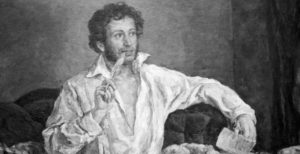
23. Pushkin is considered by many to be the central representative of Romanticism in Russian literature, although he wasn’t unequivocally known as a Romantic.
24. Pushkin is usually credited with developing Russian literature.
25. He is seen as having originated the highly-nuanced level of language which characterizes Russian literature after him, and he is also credited with substantially augmenting the Russian lexicon.
26. Whenever he found gaps in the Russian vocabulary, he devised calques.
27. His rich vocabulary and highly-sensitive style are the foundation for modern Russian literature.

